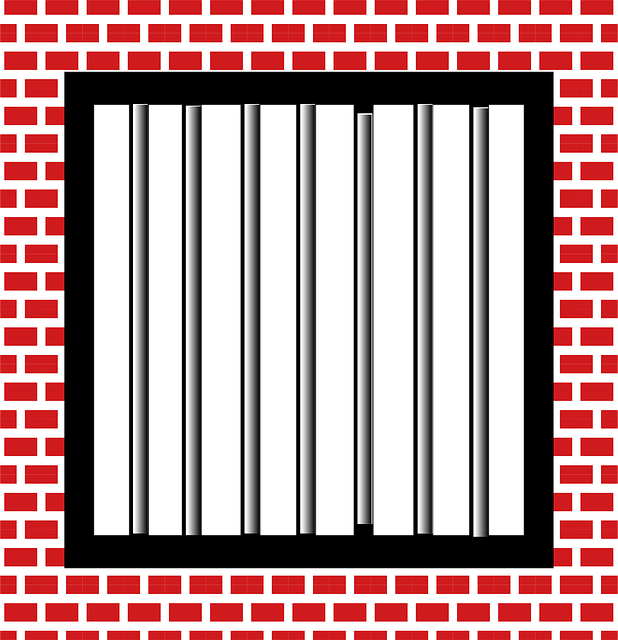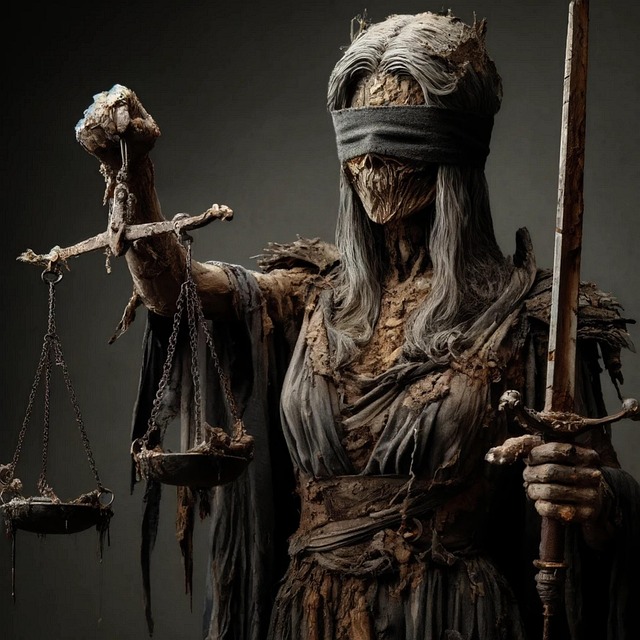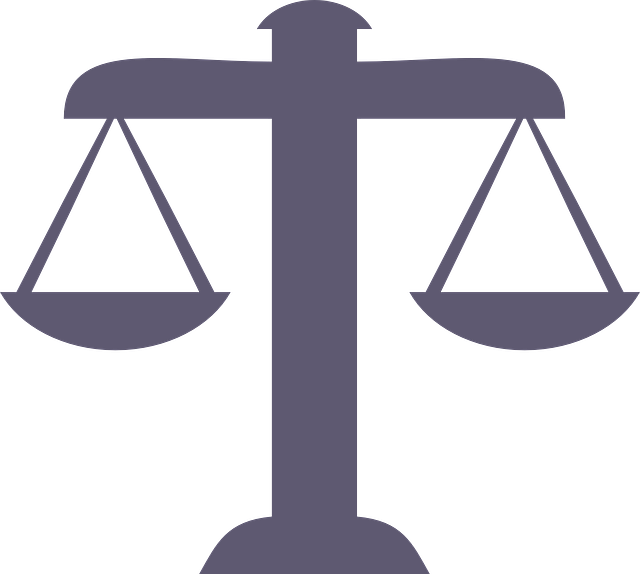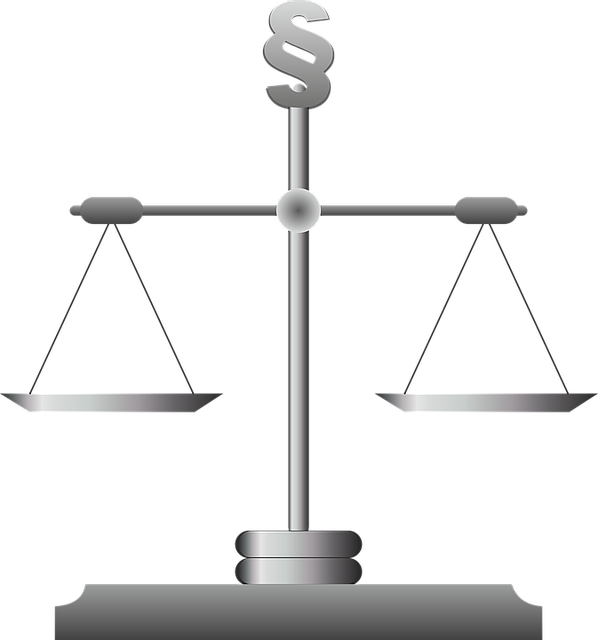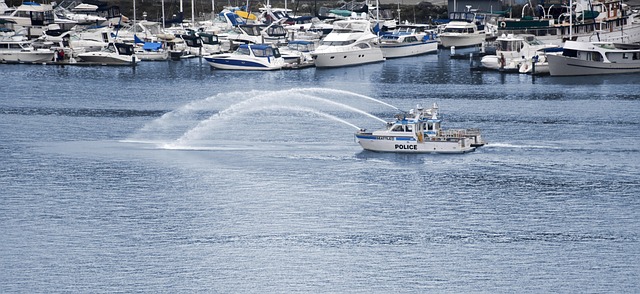Whistleblower protection lawsuits face unique challenges during jury selection due to their sensitive nature, high-stakes outcomes, and media scrutiny. Attorneys must carefully vet prospective jurors against personal biases and pre-trial publicity, using strategic questioning techniques during voir dire to ensure an impartial and fair trial. This is crucial for rendering just verdicts in complex cases involving white-collar and economic crimes, balancing privacy concerns with bias detection.
“Whistleblower Protection Lawsuits: Navigating Legal Frameworks and Ensuring Jury Impartiality” explores the intricate world of whistleblower protection cases, where individuals dare to expose corporate or governmental wrongdoings. This article delves into the legal framework governing such lawsuits, examining the impact of pre-trial publicity on potential jurors and offering strategies for effective jury screening in high-profile cases. We also dissect the common challenges faced during jury selection, providing insights to overcome them, and highlight best practices for maintaining jury impartiality.”
- Understanding Whistleblower Protection Lawsuits: A Legal Framework
- The Impact of Pre-Trial Publicity on Potential Jurors
- Strategies for Effective Jury Screening in High-Profile Cases
- Common Challenges During Jury Selection and How to Overcome Them
- Ensuring a Fair Trial: Best Practices for Maintaining Jury Impartiality
Understanding Whistleblower Protection Lawsuits: A Legal Framework

Whistleblower Protection Lawsuits are a legal framework designed to safeguard individuals who expose illegal or unethical activities within their organizations. When whistleblowers come forward, they often face significant challenges, particularly during jury selection. This process is crucial in high-stakes cases, where the outcome can make or break careers and businesses. Jurors must be able to set aside personal biases and prejudices to ensure a fair trial, which can be a daunting task given the sensitive nature of these cases.
The complexity of whistleblower protection lawsuits lies in the unique dynamics of jury trials. Attorneys for both sides must carefully consider the potential biases and experiences of each prospective juror. In these cases, where the actions of a single individual can have widespread implications, selecting an impartial jury is paramount. The process involves thorough questioning to uncover any preconceived notions or connections that could influence their decision-making, ensuring that the trial reflects the facts rather than emotional responses or personal agendas.
The Impact of Pre-Trial Publicity on Potential Jurors

The impact of pre-trial publicity on potential jurors is a significant challenge faced during jury selection in whistleblower protection lawsuits. In today’s digital era, news spreads rapidly, and information can reach vast audiences promptly. This poses a unique dilemma for ensuring impartial juries in high-profile cases, particularly those involving white collar and economic crimes. Potential jurors may have already formed opinions based on media coverage, social media whispers, or even casual conversations with friends and colleagues, making it difficult to select individuals who can set aside preconceived notions.
The consequences of this pre-trial exposure can be profound. It may create a labyrinthine path for attorneys during jury selection, requiring them to ask detailed questions to uncover biases and ensure fairness. Moreover, the sheer volume of media attention can make it challenging to find individuals who haven’t been influenced by the gossamer threads of public opinion, especially across the country where cases gain widespread coverage. This phenomenon necessitates strategic approaches during jury trials to mitigate the impact of pre-trial publicity and secure a just verdict.
Strategies for Effective Jury Screening in High-Profile Cases

Selecting a jury for high-profile whistleblower protection lawsuits presents unique challenges, especially when dealing with complex white collar and economic crimes. The potential impact of these cases on society and businesses can attract intense media attention, influencing potential jurors’ perceptions. Therefore, efficient jury screening is paramount to ensure a fair trial.
In such high-stakes cases, attorneys must go beyond traditional methods. They should employ strategic questioning techniques during the voir dire process, focusing on understanding prospective jurors’ backgrounds, biases, and views on corporate responsibility. Identifying individuals with personal experiences or strong opinions related to white collar defense can help weed out biased panelists. Additionally, examining their familiarity with legal concepts and their ability to set aside preconceived notions is crucial to selecting an impartial jury capable of rendering a just verdict based solely on the evidence presented during trial.
Common Challenges During Jury Selection and How to Overcome Them
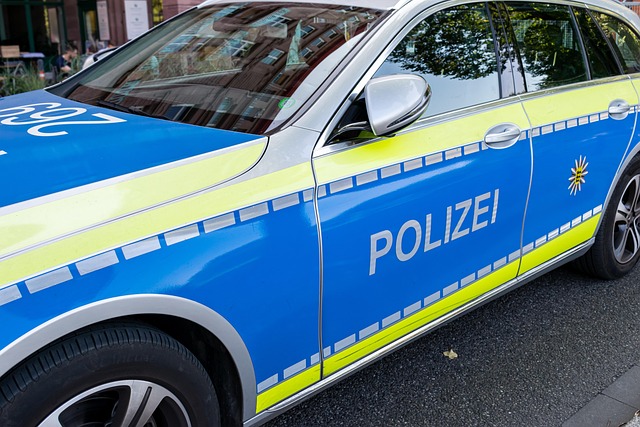
Selecting a jury for whistleblower protection lawsuits can be a complex process due to the unique nature of these cases. Whistleblowers often expose sensitive and highly technical information, which can pose challenges when finding impartial jurors. One significant hurdle is ensuring that potential jurors understand the intricacies of white-collar and economic crimes, as well as their legal definitions, to avoid bias or preconceived notions. Lawyers must be strategic in questioning to uncover hidden biases related to philanthropy or political affiliations, as these factors could influence a juror’s perception of the case.
To overcome these challenges, attorneys should consider employing diverse strategies. This includes using clear and concise language when explaining complex legal concepts during voir dire (the process of selecting a jury). Engaging interactive exercises or real-life examples can help illustrate these points effectively. Additionally, striking a balance between challenging potential jurors’ biases and respecting their privacy is crucial. By carefully managing this process, lawyers can secure a fair and impartial jury for jury trials related to whistleblower protection, ensuring justice for both whistleblowers and the organizations they expose.
Ensuring a Fair Trial: Best Practices for Maintaining Jury Impartiality
Ensuring a fair trial is paramount in whistleblower protection lawsuits, and a key aspect lies in maintaining the impartiality of the jury. The process of jury selection presents unique challenges, particularly in cases involving sensitive topics like corporate whistleblowing. Lawyers involved in white-collar defense must employ strategic tactics to overcome these hurdles and select a unbiased panel.
One significant challenge is addressing potential biases that may arise from media coverage or public perception surrounding whistleblower cases. Across the country, lawyers often face the task of persuading prospective jurors that they can set aside any preconceived notions and render a decision solely based on the evidence presented in court. For his clients’ best interest, defense attorneys should encourage open discussions during voir dire to uncover any biases and ensure a diverse jury pool, thereby fostering an environment conducive to an impartial verdict.
Whistleblower protection lawsuits present unique challenges in ensuring a fair trial, particularly during jury selection. With heightened public interest and pre-trial publicity, effective strategies for screening and managing potential jurors are paramount. By understanding the legal framework and implementing best practices like thorough juror questioning and maintaining impartiality, lawyers can navigate these complexities successfully. Overcoming common challenges faced during this process is crucial to achieving a just outcome, allowing whistleblowers to have their cases heard without undue influence or bias.

